Mexico is my latest stop on this year’s International Booker journey. Still Born examines changing feelings about motherhood, through the experiences of two thirtysomething female friends. Both were sure at one time that they didn’t want to have children, and Laura, the narrator, had her tubes tied.
Laura’s friend Alina starts to feel different, and becomes pregnant after fertility treatment. But she’s faced with a difficult situation when she learns late in the pregnancy that her baby will not be able to support itself independently – yet she’s also advised that going to term will help with any future pregnancy. Then, when baby Inés is born, she survives – albeit with brain damage. So Alina has to rethink her relationship to Inés several times, a process that Nettel traces sensitively.
Laura, for her part, finds herself stepping in to look after her neighbour’s young son, at the same time as her relationship with her own mother is coming under strain. Through this set-up, Nettel explores her subject from multiple angles, in a thought-provoking piece of work.
Published by Fitzcarraldo Editions.
Click here to read my other posts on the 2023 International Booker Prize.
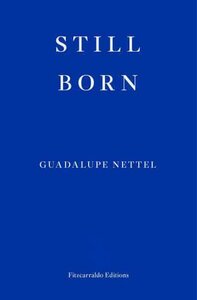

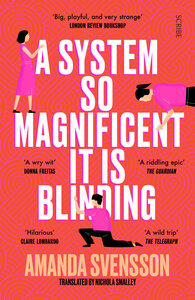
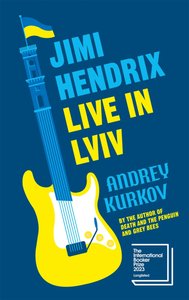

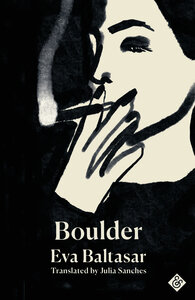
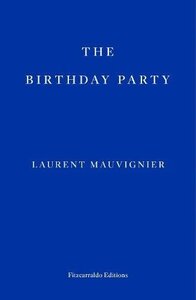
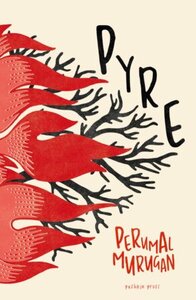
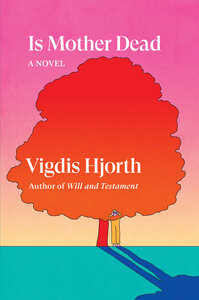
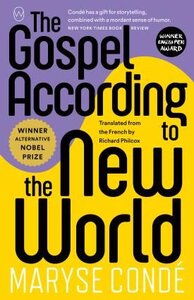
Recent Comments